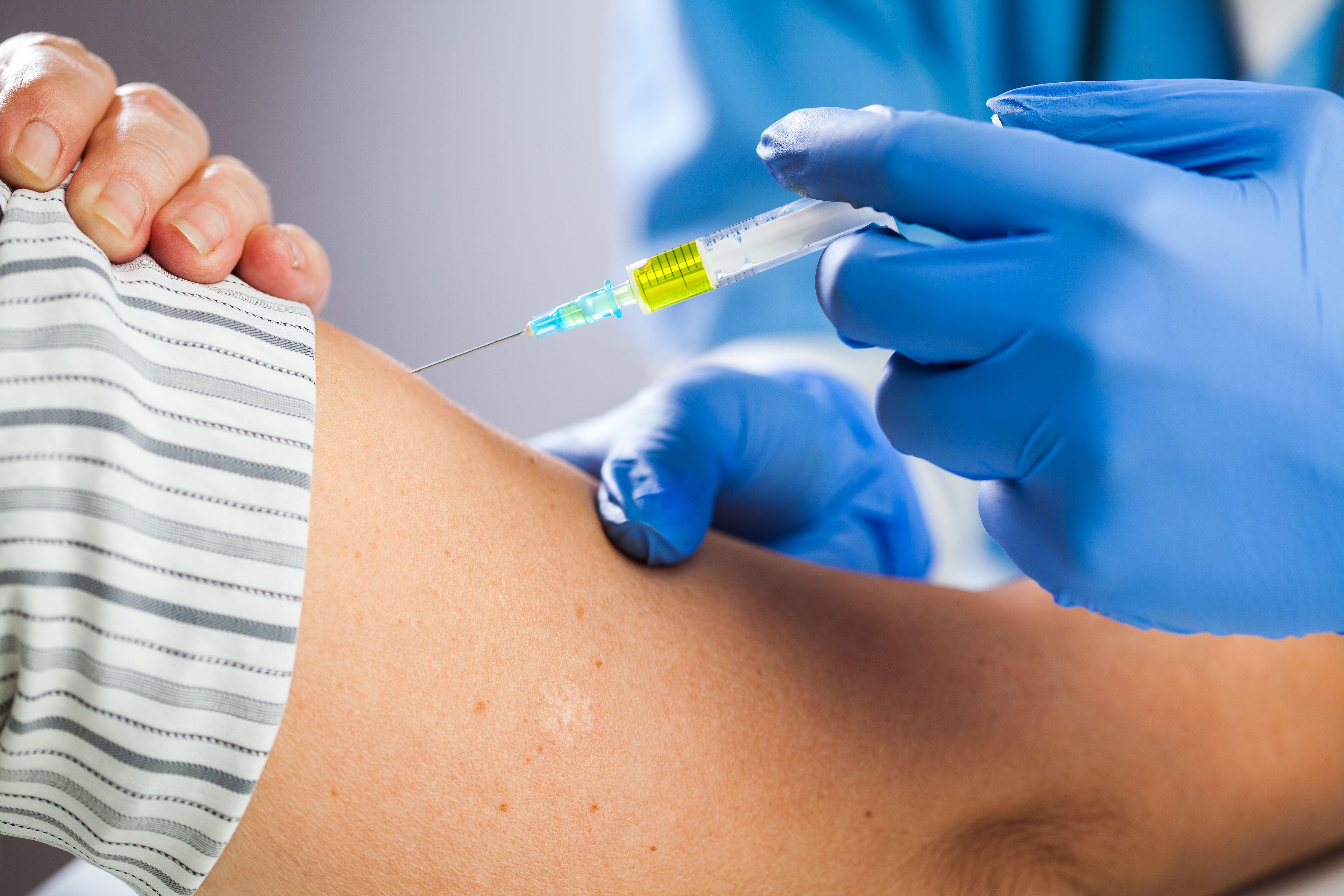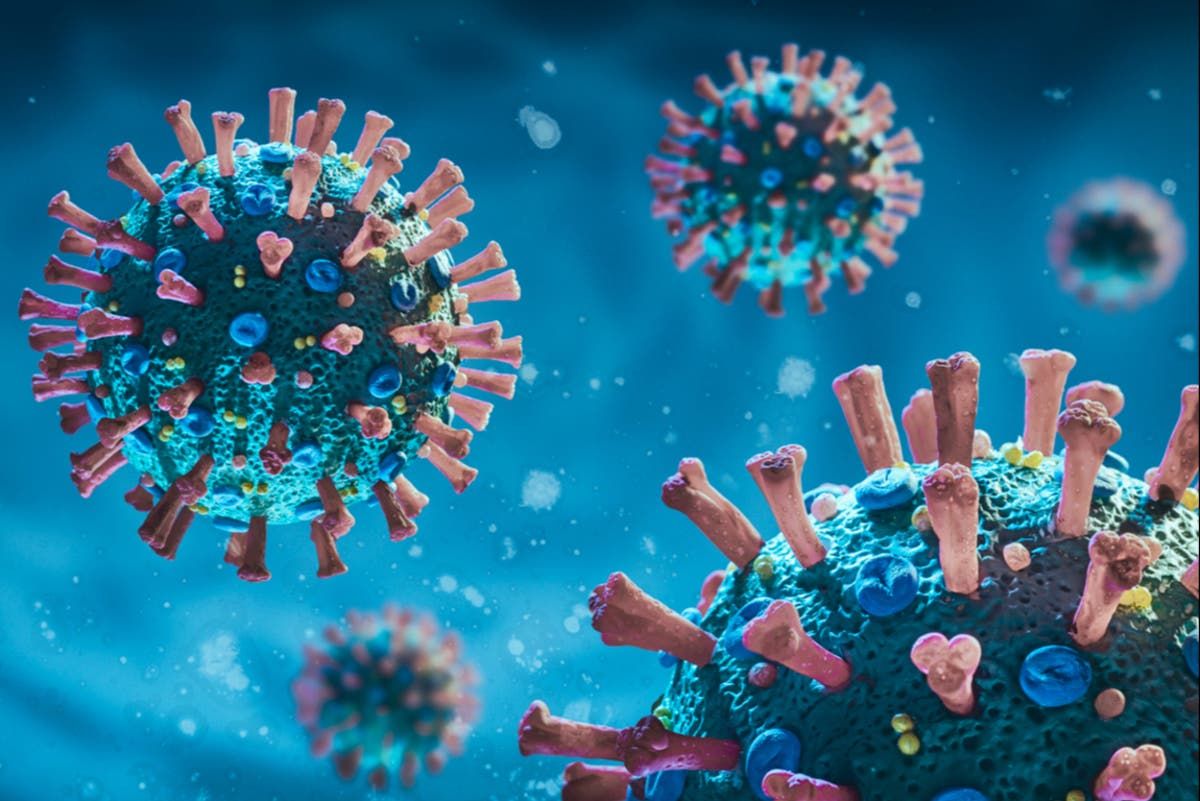Truly support
independent journalism
Our mission is to provide unbiased, fact-based reporting that holds the powerful to account and exposes the truth.
Whether it's $5 or $50, every contribution counts.
Support us in offering journalism without agenda.
New Covid variants have begun to spread across the UK. If you've been suffering from a persistent cough or sore throat that won't go away lately, you may have caught one of these new Covid strains called N FLiRT and LB.1.
Many of us know a friend or family member who has been suffering from unpleasant cold-like symptoms over the past few weeks, and rumours have begun to circulate about a resurgence of Covid.
“Increased travel and large events such as festivals often result in crowded environments where the virus can spread more easily, and there are no longer legal restrictions such as wearing masks or social distancing,” says Dr Mariyam Malik, a private and NHS GP at Pall Mall Medical.
Some health experts have also suggested that FLiRT and LB.1 could evade immunity, which is why people who have been vaccinated still get sick.
“The FLiRT variant has specific changes in its spike protein that could make it spread more easily and evade immunity from previous infections or vaccines,” says Dr. Malik. “Similarly, the LB.1 variant has mutations that help it spread and possibly weaken the protection we get from prior immunity, making these variants different from previous versions of the virus.
“New variants emerge because the virus naturally changes over time,” the GP adds. “When many people are infected, the virus has more chances to mutate. Also, our immune responses to past infections or vaccines can push the virus to evolve.”
What are the symptoms of the new FLiRT and LB.1 variants of Covid?
If you've recently been suffering from a persistent cough or sore throat that just won't go away, you may have contracted one of these new strains of Covid.
“The symptoms of the FLiRT and LB.1 variants are generally similar to those of previous Covid-19 strains,” says Dr. Malik. “The most common symptoms include fever, cough, fatigue, loss of taste or smell, sore throat, muscle or body aches, shortness of breath, headache, and runny nose.

“People infected with the FLiRT and LB.1 variants often test positive on standard PCR tests,” Dr Malik adds. “Rapid antigen tests, also known as lateral flow tests, can also detect these variants, although their sensitivity can vary.”
How long does the new Covid variant last?
The variant will last the same as the previous variants.
Doctors generally recommend self-isolating and using over-the-counter treatments if you experience these symptoms.
“It’s best to try to isolate yourself, rest and stay hydrated,” advises Dr. Malik. “Use over-the-counter medications to relieve symptoms, such as acetaminophen and ibuprofen, and monitor your symptoms closely and seek medical help if they worsen.”
How can I prevent my family from contracting the new variants?
“To prevent the spread of COVID-19, it is critical to stay up to date with vaccinations and booster doses,” says Dr. Malik. “Washing your hands regularly helps prevent the spread of the virus.

“Regular testing and isolation if symptoms develop or if you test positive can also help control the spread of the virus,” the GP adds.
When should I consult my GP?
“For mild symptoms, rest and home treatment are usually sufficient and a visit to the family doctor is usually not necessary,” says Dr. Malik. “However, it is essential to seek medical attention if severe symptoms occur, such as shortness of breath, chest pain, confusion or persistent high fever.
“People with underlying health conditions should contact their GP if they test positive or develop symptoms, as they may be at higher risk of becoming seriously ill.”












